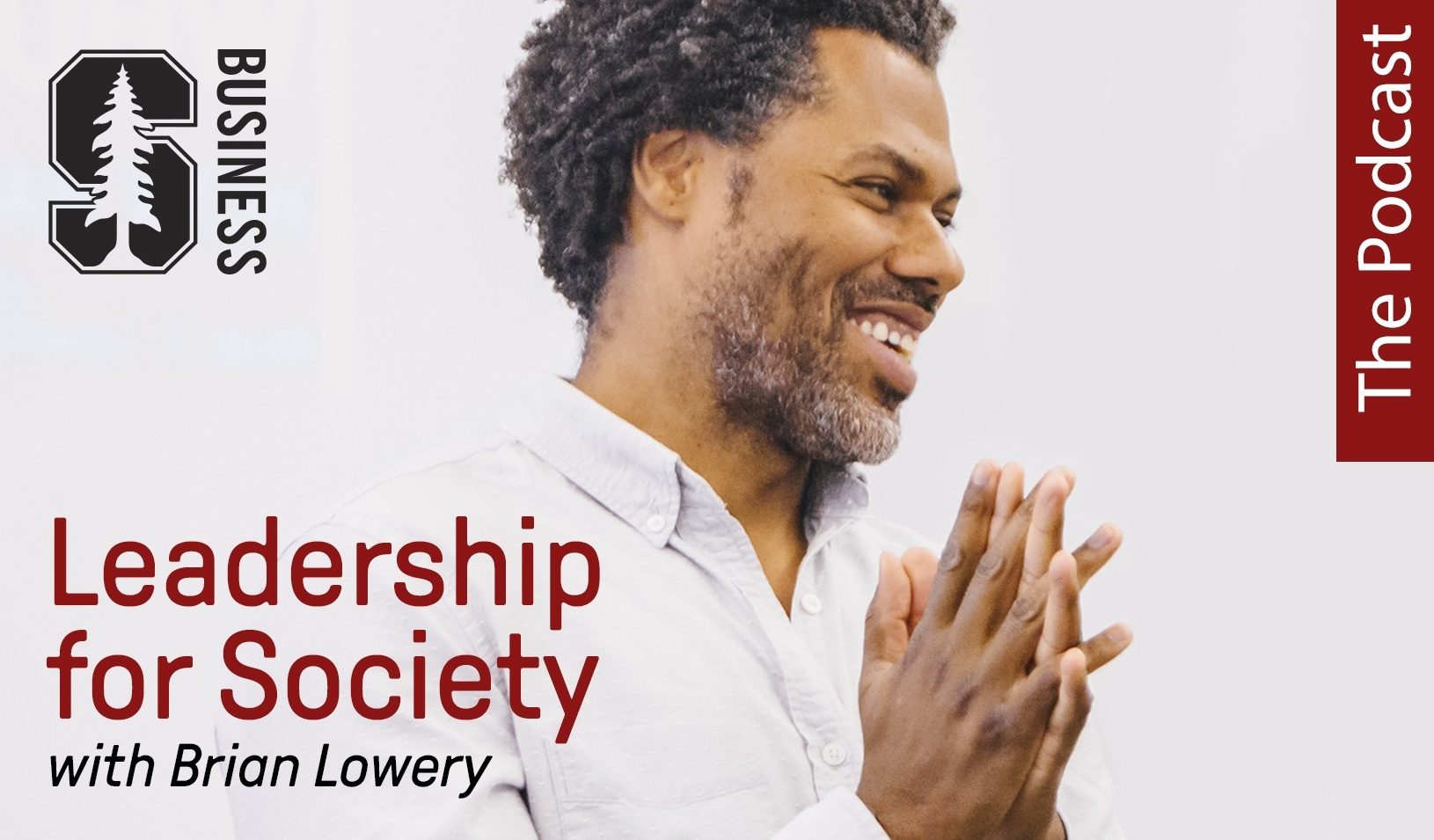April 17, 2018
| by Bill SnyderFormer Canadian Prime Minister Stephen Harper is known to be outspoken and unafraid to offer criticism. He lived up to that reputation as he discussed immigration during a recent talk at Stanford Graduate School of Business: “The big problem you have here [in the U.S] is that it is way too difficult for someone to become a legal immigrant and way too easy for them to become an illegal immigrant.”
Harper underlined some of his differences with current U.S. policy during his visit to campus, where he touted the virtues of free trade and the futility of dealing with Vladimir Putin, whom he has publicly chastised for the invasion of Ukraine.
Harper, an economist, was a founder of Canada’s Conservative Party and served as prime minister for nine years, from 2006 to 2015, when he was defeated by Justin Trudeau’s Liberal Party. He shared his views on trade, immigration, and leadership during a View from the Top session in late February.
Immigration Should Reflect the Needs of the Labor Market
Canada, like other Western countries, has had a large influx of immigrants recently. But unlike many of its allies, Canada’s policies have had overwhelming public support, Harper says. One key to that support is the link between immigration policy and the needs of the labor market. “There’s always been a significant portion of Canadian immigration, unlike the United States, that was admitted on the basis of skills and labor force considerations.” The percentage of immigrants admitted to Canada based on needed skills has increased from 40% to about 66%, he says.
One simple change in policy “worked wonders,” Harper says. Canada now allows university students to find work in their areas of expertise while they’re in the country, a policy that encourages them to stay when they graduate, he says.
Illegal Immigration Damages Support for Legal Immigration
Along with an emphasis on needed skills, Canada’s record of successfully controlling illegal immigration boosts support for legal immigration, Harper says. “If Canada had a huge percentage of [undocumented immigrants], as you do in the United States or Europe — if a huge percentage of its immigrant population was here illegally or irregularly, outside the law — it would not be popular.”
How to Build Support for Free Trade
When Harper took power in 2006, Canada had free trade agreements with just five countries. Nine years later, it had concluded negotiations with 51, and all are now being implemented. None of the agreements were unpopular, he maintains.
“When we did trade deals, we established comprehensive consultations with every single major sector of Canadian society. We understood at the bargaining table what the interests of our economy actually were. We understood what interests we needed to advance in terms of trade. We also understood what interests we needed to protect, because protection is part of your responsibility as a government when those are your interests.”
The Problem with Putin
Harper met Putin at a G-20 summit not long after the Russian seizure of Crimea and told the Russian president that he should get out of Ukraine. Putin responded by saying, “I’m not in Ukraine,” prompting Harper to retort, “Well, that’s why it’s a waste of my time to talk to you.” Harper warns current leaders to be leery of the Russian president. “It’s my conviction that Putin does not want to be our friend,” he says. “He carries an enormous chip on his shoulder for the fall of the Soviet Union. He believes that the West was trying to destroy his country. A large part of his actions are designed simply to undermine the West as an end in itself.”
Want to Be Loved? Don’t Be a Politician
“I’m amazed how many people go into politics because they want to be loved. It’s not really a good occupation if you want to be loved,” Harper says. But being respected and being seen to have integrity is important. “Being loved or liked is secondary.”
One Step at a Time
Radical departures in policy are sometimes necessary, Harper says, but his usual approach is one he calls “incrementalism.”
“I actually think you have to see how things work, what unintended consequences are, whether something is turning out as you expect before you move to the next step,” he says. “Generally speaking, I’m distrustful of smart people like ourselves with great blueprints [and how] we’re going to kind of invent the solutions to the world.”
Fight Hard — But Be Truthful and Respectful
Harper makes no bones about his reputation as an infighter. When another conservative politician said, “I’m not going to go negative on the opposition. I’m going to take the high road,” Harper responded by saying, “Great. There’s a word for that. It’s called a losing campaign.”
But he insists on respecting the truth and respecting his opponents. “I delivered some very tough criticisms of my opponents, but I always had one criterion with our staff, which was, is the criticism true?”
“You could still treat [opponents] with respect while attacking them. There’s a difference between attacking someone on a weakness that’s legitimate versus belittling them. And we try to avoid that.”
For media inquiries, visit the Newsroom.






